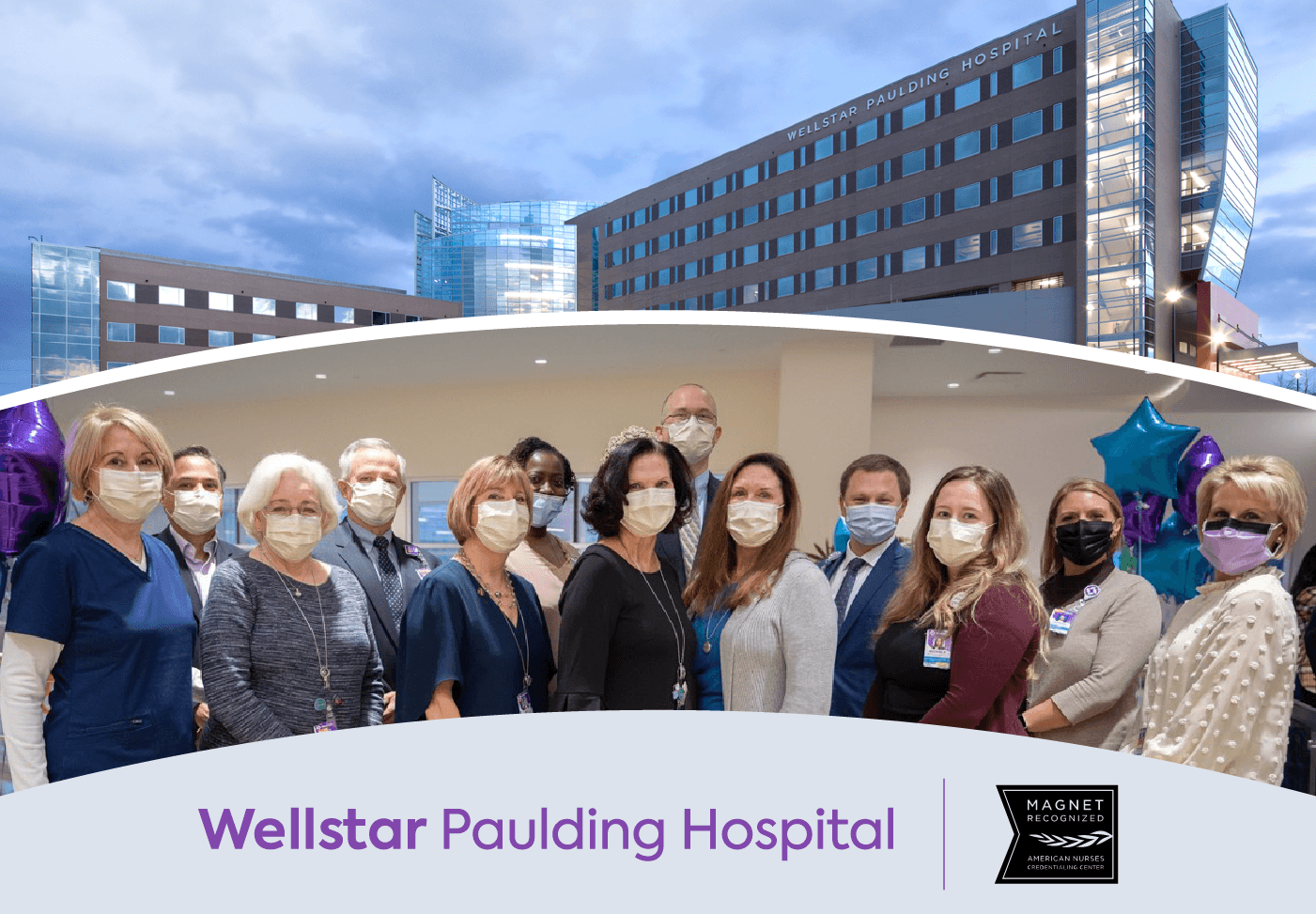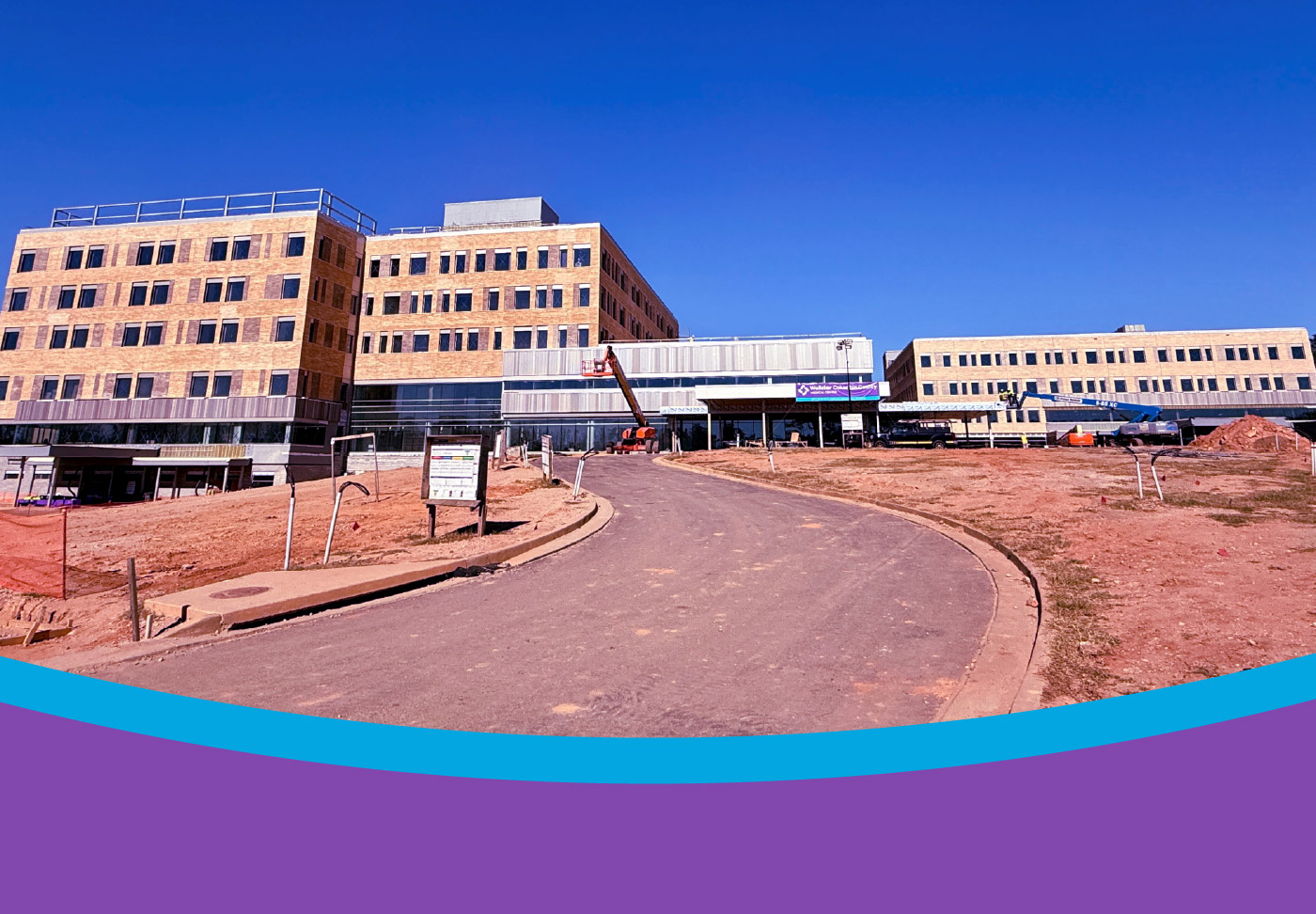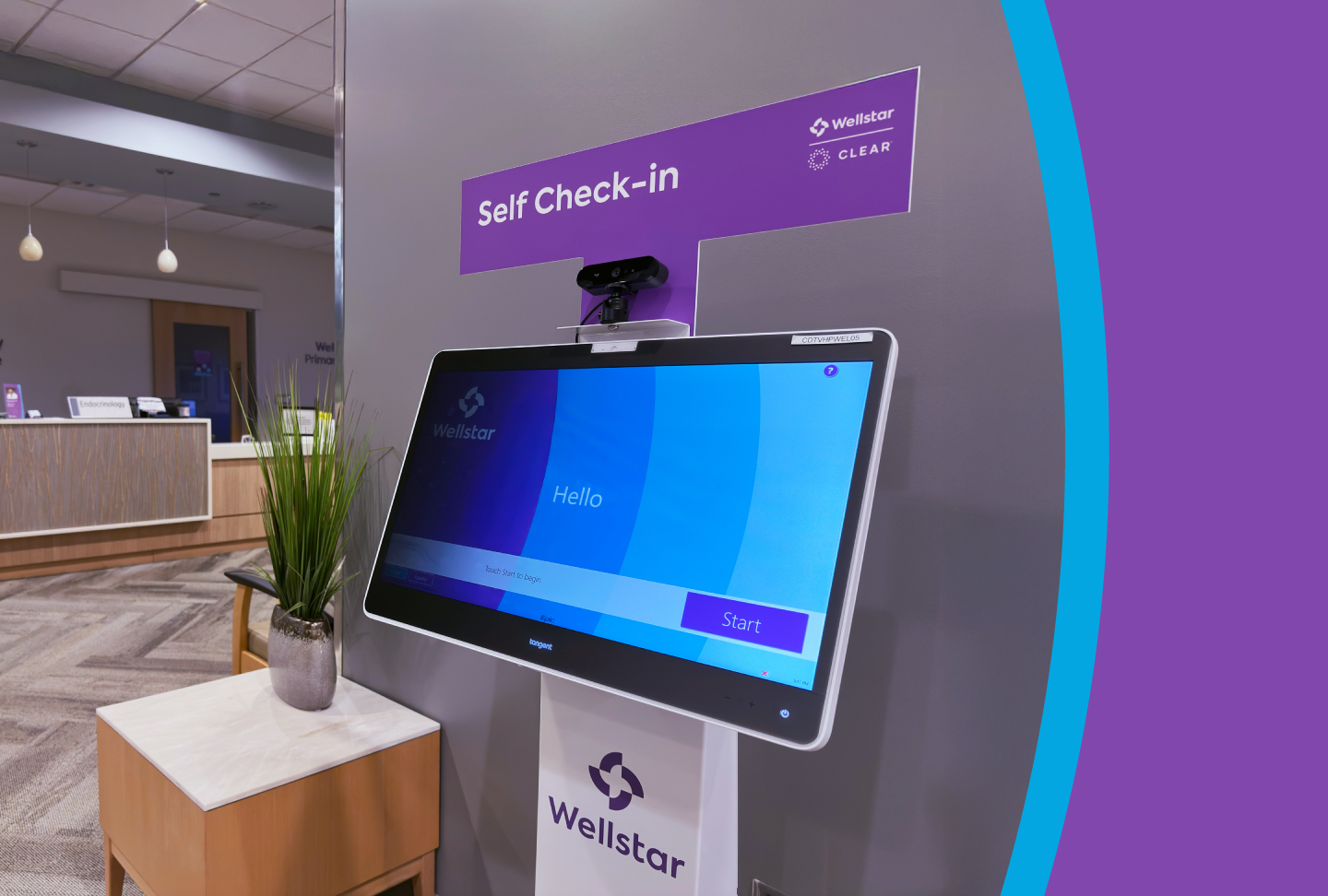Wellstar Health System announces that Wellstar Paulding Hospital achieved global Magnet recognition in October. This honor is a reflection of its nursing professionalism, teamwork and excellence in patient care. The American Nurses Credentialing Center’s (ANCC) Magnet Recognition Program® distinguishes organizations that meet rigorous standards for nursing excellence. Wellstar Paulding Hospital is only the 12th hospital in the state of Georgia to receive this recognition.
With this credential, Wellstar Paulding Hospital joins the global community of Magnet-recognized organizations. Only a small and select group of U.S. healthcare organizations have achieved Magnet recognition due to the complex requirements and meticulous evaluation process. This prestigious honor further underscores Wellstar Paulding Hospital’s commitment to world-class, compassionate, and tailored care in all the communities we serve across Georgia.
“Magnet recognition provides our community with the ultimate benchmark to measure the quality of patient care,” said Jill Case-Wirth, chief nurse executive for Wellstar Health System. “Achieving Magnet recognition validates the culture of excellence that is a cornerstone of how we serve our community. It’s also tangible evidence of our nurses’ and interprofessional teams’ commitment to providing the very best care to our patients, of which we are extremely proud.”
Magnet recognition is the gold standard for nursing excellence and is a factor when the public considers healthcare organizations. U.S. News & World Report’s annual showcase of “America’s Best Hospitals” includes Magnet recognition in its ranking criteria for quality of inpatient care.
Research demonstrates that Magnet recognition provides specific benefits to healthcare organizations and the communities they serve, such as:
- Higher patient satisfaction with nurse communication, availability of help and receipt of discharge information.
- Lower risk of 30-day mortality and lower failure to rescue rates.
- Higher job satisfaction among nurses.
- Lower nurse reports of intentions to leave their positions.
“Magnet recognition has many benefits — not just for the nurses who provide care, but also for the patients who receive that care,” said Vicky Hogue, vice president of Patient Services & chief nursing officer at Wellstar Paulding Hospital. “For example, changes in nursing practice are guided by research for better outcomes, which results in higher patient and employee satisfaction and a shorter patient stay.”
The Magnet Model provides a framework for nursing practice, research, and measurement of outcomes. Through this framework, ANCC evaluates applicants across a number of components and dimensions to gauge an organization’s nursing excellence. The foundation of this model comprises various elements deemed essential to delivering superior patient care. These include the quality of nursing leadership and coordination and collaboration across specialties, as well as processes for measuring and improving the quality and delivery of care.
“Ultimately, this recognition aligns with the Wellstar Paulding’s culture of ‘Neighbors caring for Neighbors,” Hogue said.




